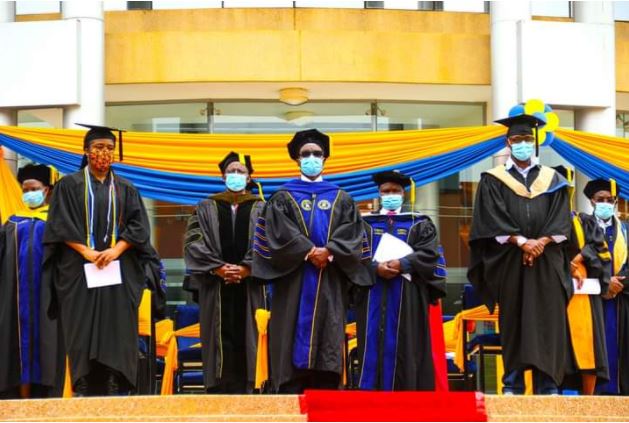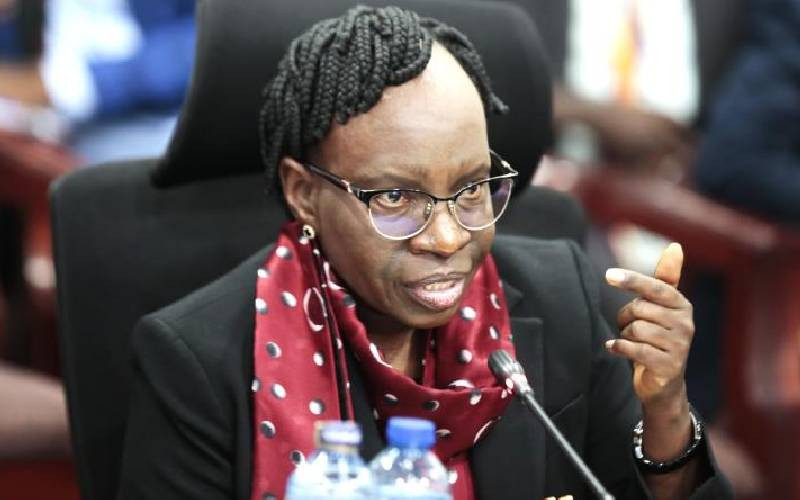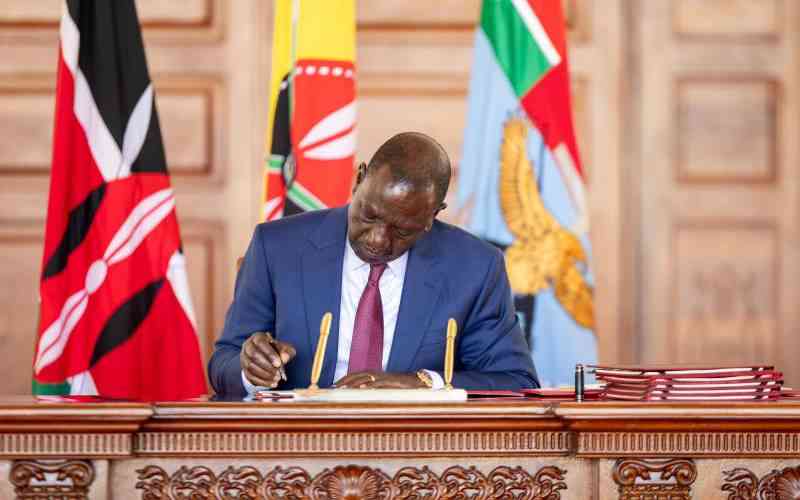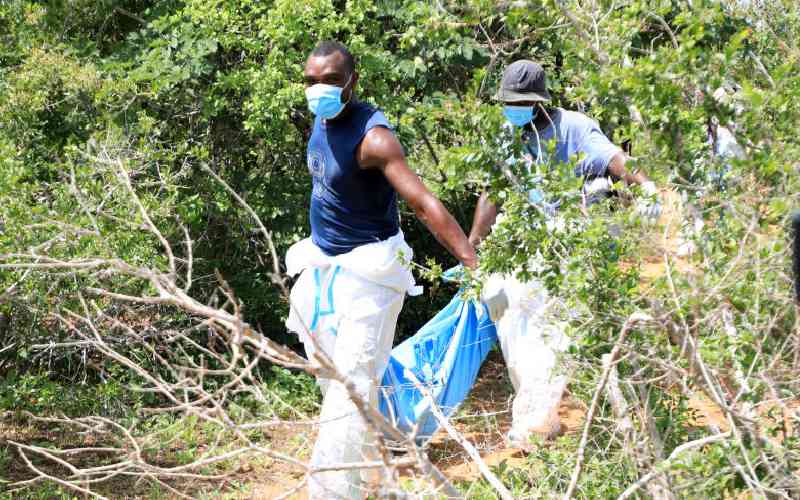
USIU-Africa awarded 27 Bachelor of Pharmacy degrees for the first time in its 51-year old history, during its 42nd virtual graduation ceremony.
During the ceremony, the university awarded one thousand one hundred and sixty-six (1166) degrees, eight hundred and twenty-one (821) Bachelor’s Degrees, three hundred and thirty-five (335) Masters Degrees and ten (10) Doctoral Degrees.
The Pharmacy program was launched in 2015 and it aims to provide diverse, state of the art, rigorous and innovative approaches to healthcare training, practice and research through the use of a holistic view of health, focus and commitment to excellence.
The Vice Chancellor, Prof Paul Tiyambe Zeleza, congratulated the graduates adding that this graduation ceremony was particularly a first in many ways for USIU-Africa.
“I would like to take this opportunity to congratulate the Class of 2020 for being pioneers, as the first class in our University’s history to graduate virtually, and highlight the achievements by the Bachelor of Pharmacy students, which could not have come at a better time, as you now join the frontlines in the fight against the COVID-19 pandemic,” he said.
He congratulated the students for achieving this critical milestone and admired their unrelenting will to forge forward and especially recognized the role that will be played by the first cohort of Pharmacy students even as the world is battling a global pandemic.
“I am glad to know that today, we commission the first cohort of Pharmacy students who will be joining the healthcare workforce as they find lasting solutions to deal with this pandemic and future pandemics,” he added.
Following the prolonged closure of learning institutions in the country due to the Coronavirus pandemic, the government directed universities to continue learning using online learning platforms and conduct virtual graduation ceremonies. The Kenya National Bureau of Statistics (KNBS) estimates that over 17 million enrolled learners across the country are affected.
Globally, the United Nations Educational, Scientific, and Cultural Organization (UNESCO) reports indicate that close to 90 percent of the world’s student population continue to suffer because of prolonged closure of learning institutions across the world affecting over 1.2 billion children and youth.
The chief guest, the President of Malawi, Dr Lazarus Chakwera observed that most learning institutions have shifted to online learning in order to continue learning but the digital divide has made it very difficult for learners to access online classes.
“The challenges of infrastructure and access, equity, quality of teaching and learning and assessment are alive now more than ever as the world moves to embrace online teaching and learning. These challenges have far-reaching impact in Africa where majority of learners do not have access to internet services and IT learning devices,” he said.
Once Kenya confirmed its first case in Mid-March, USIU-Africa immediately shifted to online teaching and learning, which is supported by robust ICT systems to ensure that students continued learning throughout the year by injecting Sh63,524,571 annually to expand the e-learning infrastructure and an additional Sh30,000,000 to boost e-resources at the Library.
The university was among the first institutions to put in place examination protocols that accommodates the changed mode of learning through a combination of two solutions on the Learning Management System, Blackboard: Respondus Lockdown Browser and Respondus Monitor.
In order to ensure a seamless transition, USIU-Africa partnered with internet service providers, Safaricom and Telkom to offer subsidised mobile data bundles to students and faculty to enhance online learning and teaching.
Stay informed. Subscribe to our newsletter
 The Standard Group Plc is a
multi-media organization with investments in media platforms spanning newspaper
print operations, television, radio broadcasting, digital and online services. The
Standard Group is recognized as a leading multi-media house in Kenya with a key
influence in matters of national and international interest.
The Standard Group Plc is a
multi-media organization with investments in media platforms spanning newspaper
print operations, television, radio broadcasting, digital and online services. The
Standard Group is recognized as a leading multi-media house in Kenya with a key
influence in matters of national and international interest.
 The Standard Group Plc is a
multi-media organization with investments in media platforms spanning newspaper
print operations, television, radio broadcasting, digital and online services. The
Standard Group is recognized as a leading multi-media house in Kenya with a key
influence in matters of national and international interest.
The Standard Group Plc is a
multi-media organization with investments in media platforms spanning newspaper
print operations, television, radio broadcasting, digital and online services. The
Standard Group is recognized as a leading multi-media house in Kenya with a key
influence in matters of national and international interest.









